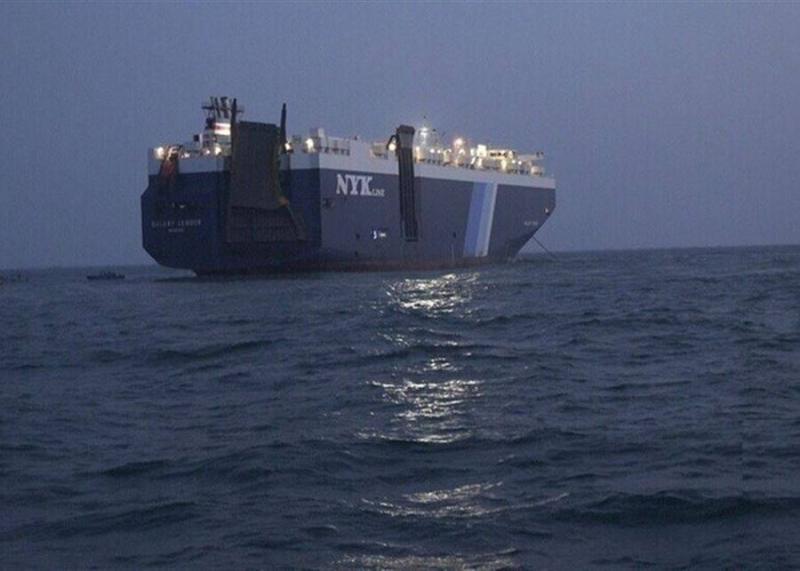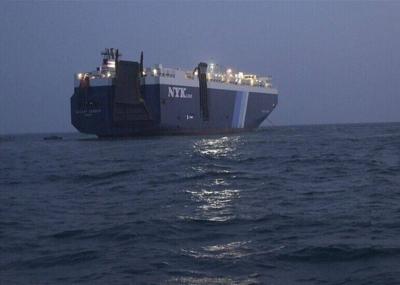Sources indicate that the cost of shipping goods through the Red Sea is rising amid Houthi escalations in Yemen, targeting ships they associate with Israel, raising concerns that their actions could disrupt global supplies transiting through the region. On Tuesday, Houthis in Yemen announced they had struck a Norwegian commercial tanker with a missile in their latest protest against the Israeli invasion of Gaza, highlighting the risks posed by the ongoing conflict shaking the Middle East.
Duncan Potts, a former deputy admiral in the British Royal Navy and former head of maritime security in the Gulf, noted that nearly 23,000 vessels pass through the narrow Bab el-Mandeb Strait connecting the Red Sea to the Gulf of Aden, facilitating "targeting and attack options." Potts, who is now the director of Universal Defense and Security Solutions, stated, "These attacks have the potential to become a global strategic economic threat far beyond just a regional geopolitical threat."
The London insurance market has categorized the southern Red Sea as a high-risk area, requiring ships to notify insurers when navigating these regions, often incurring an additional premium typically covering a seven-day period. This week, war risk premiums have risen to between 0.1% and 0.15% to 0.2% of the vessel's value, compared to 0.07% last week, according to market estimates on Tuesday. Although various discounts will be applied, this still translates into tens of thousands of dollars in additional costs for a seven-day voyage.
Monroe Anderson, Chief Operating Officer at War Risk Marine, part of Ben Andrews Insurance, explained, "The latest incident represents another degree of instability for commercial operators in the Red Sea, likely to remain elevated in the short to medium term." The average daily rates for large tankers carrying up to two million barrels of crude oil have surged to over $60,000, compared to about $40,000 per day last month, based on estimates from Braemar Shipping Services.
*Alternative Routes*
Some shipping companies have already chosen to reroute their vessels around the Cape of Good Hope, away from the Red Sea, resulting in longer journey times and additional costs. A maritime security source commented, "This appears to be the first nighttime attack, demonstrating a new capability for the Houthis." The port of Ashdod in southern Israel, one of the country’s main ports, stated that the Houthi attacks pose a direct threat to Israeli maritime trade.




